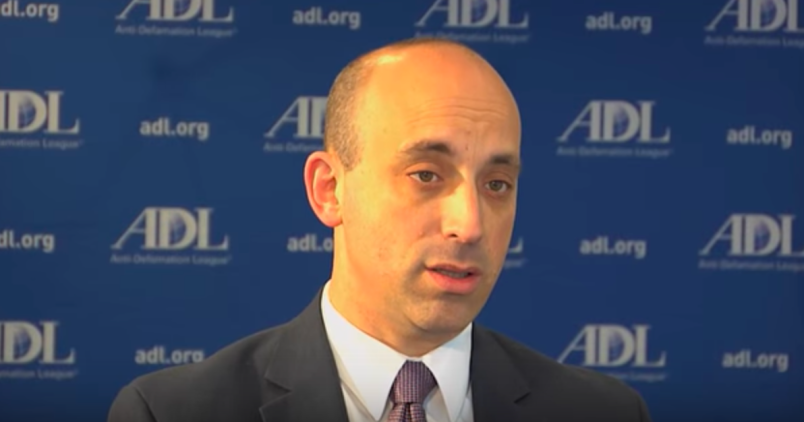The 2016 election has been nothing if not a case study in what you can get away with saying. Presumptive GOP nominee Donald Trump set the tone right out of the gate when he called undocumented Mexican immigrants “rapists” and he’s won supporters ever since with his bombastic rhetoric, slinging mud at virtually every opponent—real or imagined—who’s crossed his path.
The discourse has pitched far darker online. After a slew of high-profile reports of blistering online abuse targeting journalists, the Anti-Defamation League announced Wednesday it has recruited top journalists, academics, and law enforcement officials for a task force to get serious about studying and recommending solutions to the problem.
“Is this all about Donald Trump? Absolutely not, there are instances we’ve seen about journalists being attacked for their statements about other candidates as well,” Jonathan Greenblatt, the Anti-Defamation League’s CEO, said Wednesday in a phone interview with TPM.
“We certainly have seen some self-styled Trump supporters being party to some of the worst stuff online,” he added.
Over the next several months, the group plans to study the prevalence of online abuse targeting journalists and whether it has caused them to self-censor out of fear of retribution. Greenblatt also said a major question for the group focuses on finding out whether the abuse is the work of actual users or automated bots, occurring spontaneously or in a strategic, coordinated way. They plan to release a report on their findings before the end of summer.
The task force launch comes after Julia Ioffe, a Jewish journalist writing for GQ, was bombarded with anti-Semitic slurs, death and rape threats and harassing phone calls after publishing a profile of Melania Trump that revealed the former supermodel has a secret half-brother.
Ioffe is joined as an adviser on the task force by Steve Coll, dean of Columbia University’s journalism graduate school, Leon Wieseltier, the former New Republic editor, and Shawn Henry, a retired FBI executive, among others.
Bethany Mandel, a conservative commentator and another task force advisor, wrote last month that the anti-Semitic abuse hurled her way for writing about Trump has been intense enough to inspire her to buy a gun.
Trump remains the only national party candidate to have earned the support of numerous white supremacist and hate groups. He eventually disavowed their endorsements.
The ADL, founded shortly after the turn of the century to stop defamation of Jewish people, broadly fights hate speech and bigotry in all its forms. Its deep ties to both law enforcement and Silicon Valley make the group uniquely positioned to combat online abuse, Greenblatt said.
While it’s hardly the first election where social media has played a major role, Greenblatt said it’s reached a “degree of penetration” not seen before, which has had unintended consequences.
“Folks like white supremacists have felt emboldened by their ability to connect with some degree of anonymity through these platforms and use them to amplify their message in a way that’s disproportionate to their actual support,” Greenblatt told TPM.







Which century? This idiom has evolved to need clarification.
A major undertaking. I just switched my amazon smile charity to ADL
I guess if the end of life as we know it is nigh a bunch of Jews looking into it makes sense.
Little known fact:
Donald Trump can beer-belch the lyrics to all four verses of “The Horst Wessel Song”.
And without taking a breath.
I dropped my Google also, and broke it. The shop is supposed to have it back next week. Meanwhile, Josh has ordered the latest edition of “Monkeys on a Typewriter” for his latest round of copy editor training.*
Correction: “Monkeys(R) on a Typewriter”*
**Correction correction: “Monkeys(D) on a Typewriter”